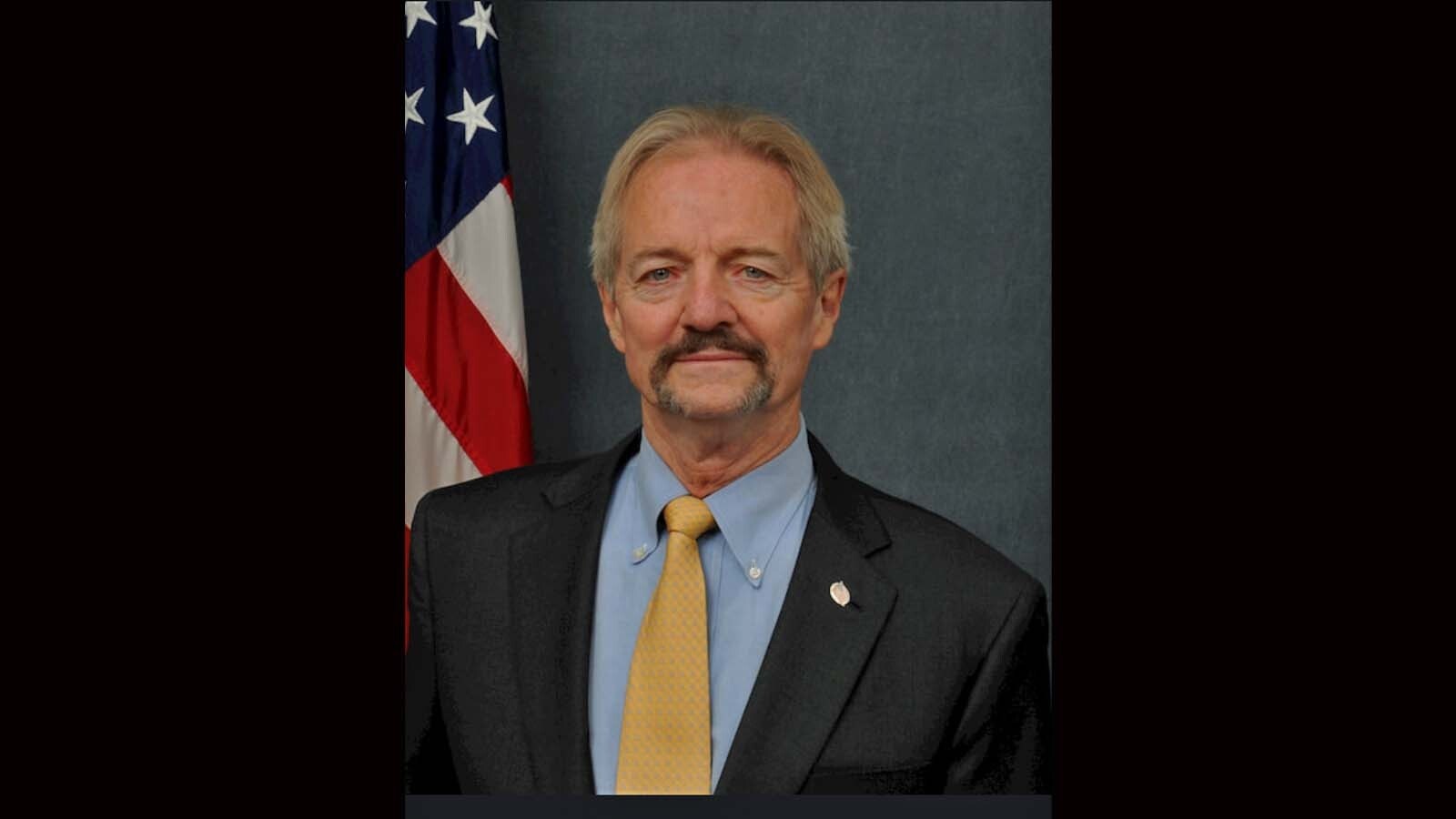In 1994, my pro bono clients—the American Farm Bureau Federation and the farm bureaus of Idaho, Montana, and Wyoming—were in Wyoming federal district court challenging—as a violation of the Endangered Species Act—the plan by President Bill Clinton’s Secretary of the Interior Bruce Babbitt to import wolves from Canada and introduce them throughout the tri-state area.
Just as proceedings began, the U.S. Department of Justice attorney representing the United States rose and intoned, “Your honor, I ask the court to take judicial notice of who is not sitting at the plaintiff’s table, specifically the governors of Idaho, Montana, and Wyoming. They are not there because they support the administration’s plan.”
The lawsuit continued for another decade when it ended with an unfavorable ruling for my clients before the U.S. Court of Appeals for the Tenth Circuit, but it was dead on arrival after that opening pronouncement by the federal government.
That governors affected by Babbitt’s Canadian wolf plan eschewed litigation was pretty much the norm at that time.
Earlier, the governors of California, Oregon, and Washington were on the sidelines while lawsuits over the northern spotted owl killed thousands of logging jobs, shut down mills, and devastated tiny towns.
Later, despite the pleas of elected officials in the San Joaquin Valley, including many Latinos, Gov. Arnold Schwarzenegger declined to battle federal officials’ demand that water supplies to farmers be shut off to save the delta smelt.
That appears to have changed dramatically.
Just last week, for example, North Dakota sued federal agencies and officials in federal district court in Bismarck alleging that President Biden’s moratorium on statutorily mandated federal oil and gas lease sales has cost the state nearly 100 million dollars and, if continued for another year, will cost $5 billion in revenue.
Meanwhile, half a billion barrels of oil will remain in the ground.
Thus, North Dakota joined fourteen other states that sued over President Joe Biden’s Executive Order, as implemented by the U.S. Department of the Interior and the Bureau of Land Management.
On March 24, Louisiana and twelve other states filed their lawsuit in the Western District of Louisiana, targeting not just the onshore impact, but also that affecting leasing on the Outer Continental Shelf.
The same day, Wyoming sued in Wyoming federal district court. A month ago, as has been reported widely, the Louisiana federal district court judge ruled Biden’s so-called Pause on oil and gas leasing violated federal law and issued a nationwide injunction.
After noting that “States are not normal litigants for purposes of invoking federal [court] jurisdiction,” the judge explained that a state is granted “special solicitude” in meeting the constitutional test for Article III standing if it alleges that a federal defendant violated a “congressionally accorded procedure right” affecting that state’s “quasi-sovereign” interest, such as “its physical territory or lawmaking function.”
Louisiana and the other states sought that “special solicitude” but also alleged they satisfied the normal standing inquiry because of harm done by President Biden to their “sovereign, proprietary and parens patriae interests.”
Given the “alleged loss of proceeds [on] new oil and gas leases on federal lands and waters, from bonuses, land rents, royalties, and other income [as well as the] loss of jobs and economic damage,” the judge found the injuries suffered by the States “are concrete, particularized, and imminent.”
If, as the district court judge noted, “States are not normal litigants,” how is it that so many of them on this issue—and more on other matters—are “invoking federal [court] jurisdiction?”
Part of the answer comes from Interior Secretary Deb Haaland’s justification for the Pause, which is that the federal oil and gas program is “fundamentally broken.”
That is certainly her opinion; however, it is not shared by Congress, which requires quarterly onshore oil and gas lease sales. Moreover, the Constitution entrusts solely to Congress all responsibility for public lands.
That Biden has moved so abruptly, unilaterally, and often lawlessly across so many fronts that directly affect the lives, livelihoods, and futures of American citizens—without any effective response from Congress itself—explains why governors and attorneys general are rushing to the federal courthouse.
We who love liberty and the rule of law only hope they continue to do so.
Mr. Pendley, a Wyoming native, led the Bureau of Land Management during the Trump administration. Follow him @Sagebrush_Rebel.





